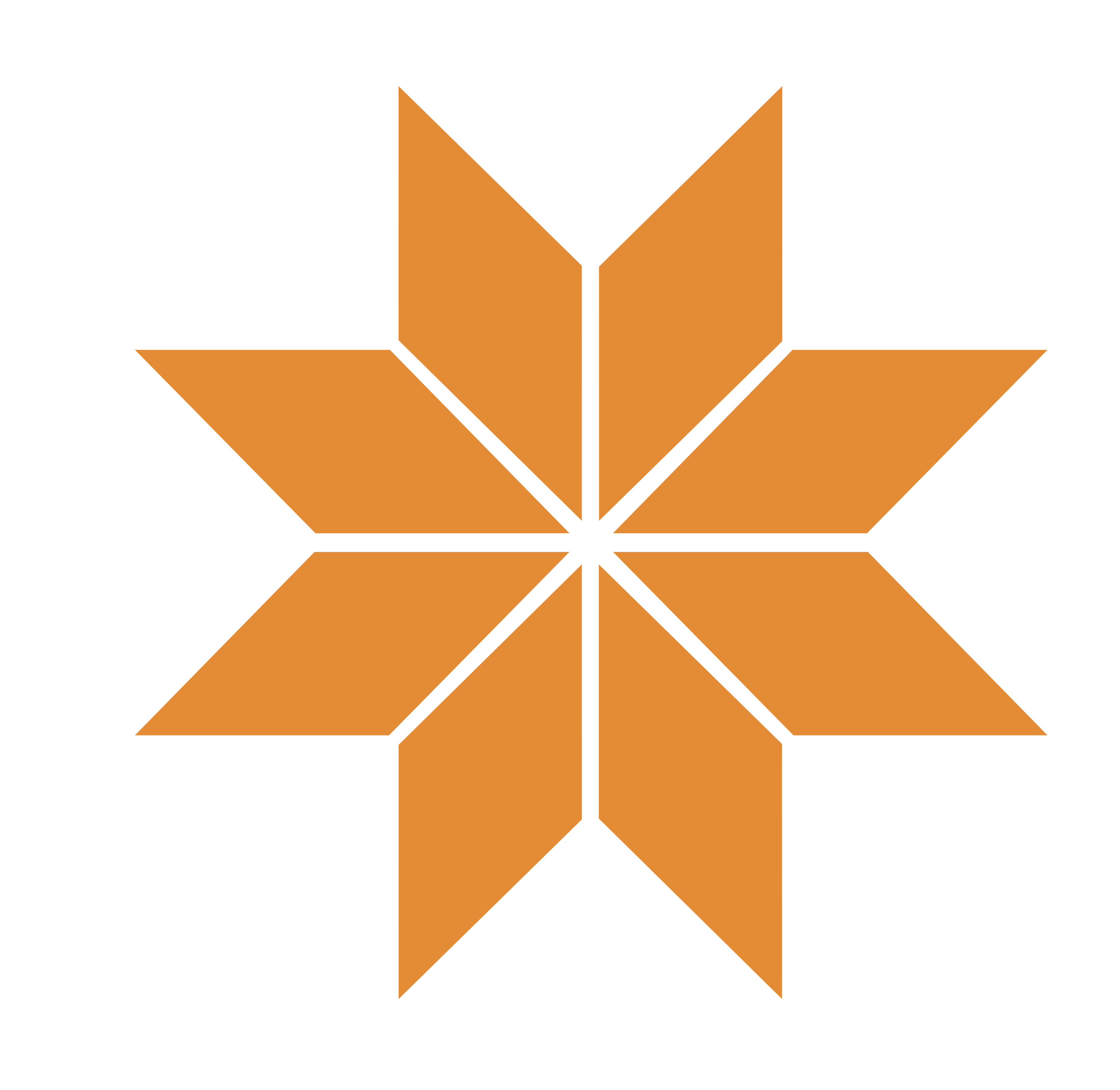
When Should I Open a Savings Account?
Financial institutions offer a variety of deposit products, one of which is the savings account. Unlike most checking options, savings accounts have a limit of six withdrawals per statement cycle as mandated by federal regulations. This means that you have to be careful when managing your transfers, or you could end up with fees or even have the account converted to checking.
With these restrictions, you may wonder if it’s worth opening an account in the first place. The truth is, maintaining a savings account is a vital part of financial health.
Why Do You Need a Savings Account?
It’s always a good idea to have some funds stashed away for a rainy day, and savings accounts allow you to profit from funds you’re not using. How do they work? These accounts generate a moderate amount of interest, which means you earn a small percentage of your balance every statement cycle. The more you save, the more you earn.
You may be wondering if you need a savings account when you have credit cards or other loan resources. While you can certainly use a credit card to cover an unexpected expense such as car repair or medical bills, companies charge interest on your balance, meaning you spend more in the long run. Well-maintained savings can act as a buffer between you and debt, sparing you stress and keeping money in your pocket.
When Is the Best Time To Open a Savings Account?
If you don’t already have a savings account, you should open one as soon as possible. The sooner you start saving, the more financially stable you’ll be.
If you already have a savings account, it’s a good idea to shop around if you’ve noticed the following:
- Your interest rate has gone down in the last year
- Any beneficial deals your financial institution was offering have been discontinued
- You’ve had the account for a while
Interest rates are constantly changing based on the economy and each bank sets their own rates. If you’re not satisfied with your current rate, it’s relatively easy to transfer your account elsewhere.
How Much Should You Save?
Most financial planners advise that you try to save 20% of your income. However, many people aren’t in a position to do so. While this situation is less than ideal, it doesn’t mean you should throw in the towel — saving what you can is better than saving nothing at all.
Setting a goal is a good way to motivate yourself to set aside more. Experts recommend that your emergency savings account have enough to cover at least six months of expenses. This gives you a cushion if you’re laid off or miss work for long-term medical issues. There are many free calculators out there that can help you figure out how much that is.
What Kinds of Savings Accounts Are There?
You may be surprised to know that financial institutions usually offer several types of savings accounts. Which you choose depends on your needs and goals.
Savings Account
These accounts typically have a lower interest rate, about 0.1% – 2%. They may have a minimum balance requirement, but these tend to be low.
Certificate of Deposit
Also called CDs, this type of account locks in the balance for a pre-agreed amount of time. They tend to earn higher interest, but there’s usually a fee if you need to withdrawal early.
Money Market
These are higher-interest earners with the same withdrawal limitations as a traditional savings account. However, they tend to have a high minimum balance requirement, usually a few hundred dollars.
Are you ready to start saving? Del Norte Credit Union offers several types of savings accounts, all with competitive rates. To learn more about our financial products or to become a member, give us a call at 818-DNCU (3628) or contact us online.

